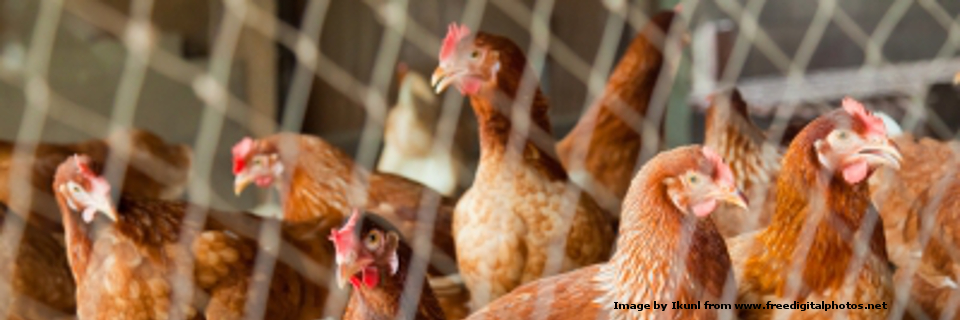Salmonella

05/09/2014
Salmonella is a bacterium that can cause an illness called salmonellosis in humans. In the European Union (EU), over 100,000 human cases are reported each year. EFSA has estimated that the overall economic burden of human salmonellosis could be as high as EUR 3 billion a year. To protect consumers from Salmonella, the EU has adopted an integrated approach to food safety from the farm to the fork. The approach consists of both risk assessment and risk management measures involving all key actors: EU Member States, European Commission, European Parliament, EFSA and the European Centre for Disease Prevention and Control (ECDC). The approach is supported by timely and effective risk communication activities. EFSA plays an important role in protecting consumers from this public health threat by providing independent scientific support and advice on human health and food safety-related aspects of Salmonella.A coordinated approach by all EU actors on zoonotic diseases have helped reduce human cases of salmonellosis in the EU by almost one-half over five years (2004-2009). In 2003, the EU set up an extended control programme for zoonoses, considering Salmonella as a priority. Enhanced Salmonella control programmes in poultry were implemented in all EU Member States. Targets were set for the reduction of Salmonella in poultry flocks (e.g. laying hens, broilers, turkeys) and pigs. Restrictions were also imposed on the trade of products from infected flocks. EFSA provided scientific advice on the impact of setting reduction targets for Salmonella in poultry (breeding hens, laying hens and broilers) and analysed the progress made in the EU in meeting the targets. EFSA has also provided scientific advice on setting possible reduction targets for the bacteria in poultry meat as well as risk assessments on Salmonella in pigs. Salmonellosis is a zoonosis – disease or infection that can be transmitted directly or indirectly between animals and humans. Usual symptoms of human salmonellosis include fever, diarrhoea and abdominal cramps. If it infects the bloodstream it can be life-threatening. Salmonella is commonly found in the intestines of healthy birds and mammals. In foods, it is most frequently found in eggs and raw meat from pigs, turkeys and chickens. It can spread to humans through contaminated foods. Safe handling of raw meat and other raw food ingredients, thorough cooking and good kitchen hygiene can prevent or reduce the risk posed by contaminated food.

